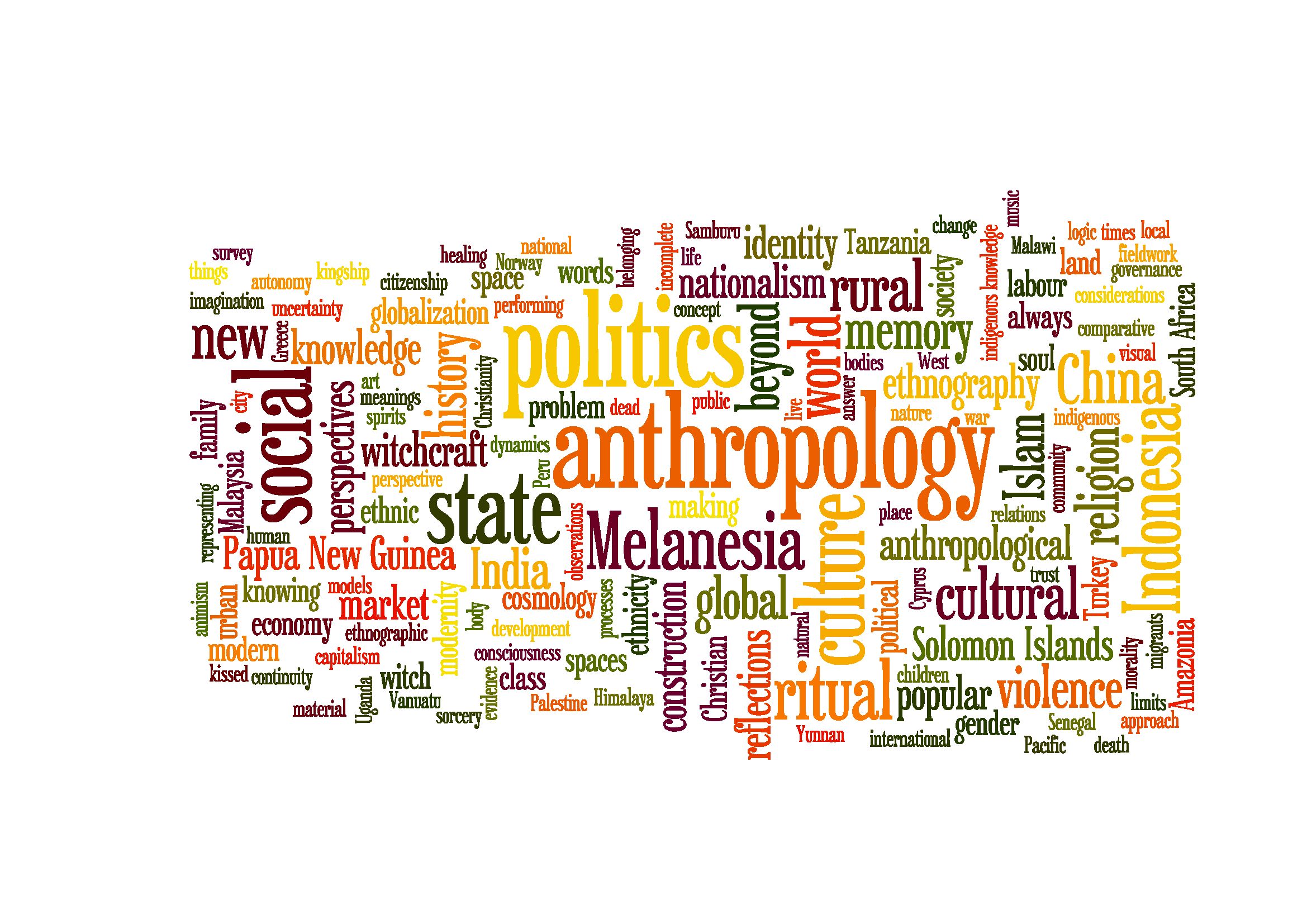Writing on the scope of social anthropology, Evans-Pritchard once observed that social anthropology in principle studies all human societies, and not merely primitive societies. For three to four decades primitives and tribal groups constituted the scope and subject matter of the discipline.
But, with the coming of democracy and liberty in Third World countries, including Africa and Asia, the social reality pertaining to tribals witnessed a great change. This also brought about a change in the scope and subject matter of social anthropology. This has to be looked upon in terms of theory, data and method.
The theory has changed, the data, that is, the tribals have changed but the methodology continues to remain the same.
ADVERTISEMENTS:
Though Hockings has studied the Badagas in great details, he argues that the tribal kinship system and the social institutions remain the same. Eriksen, in his concluding note on the new scope and subject matter of social anthropology, writes:
Social and cultural anthropology has the whole of human society as its field of interest and tries to understand the connections between the various aspects of our multiple relationships in existence.

